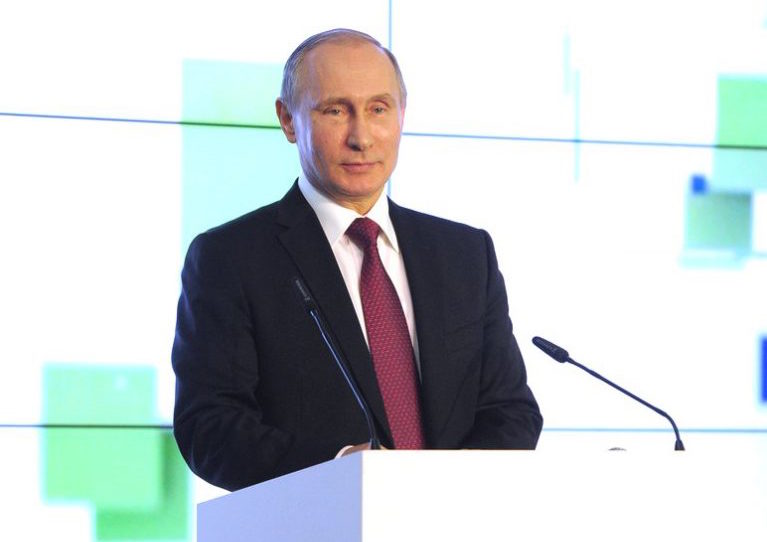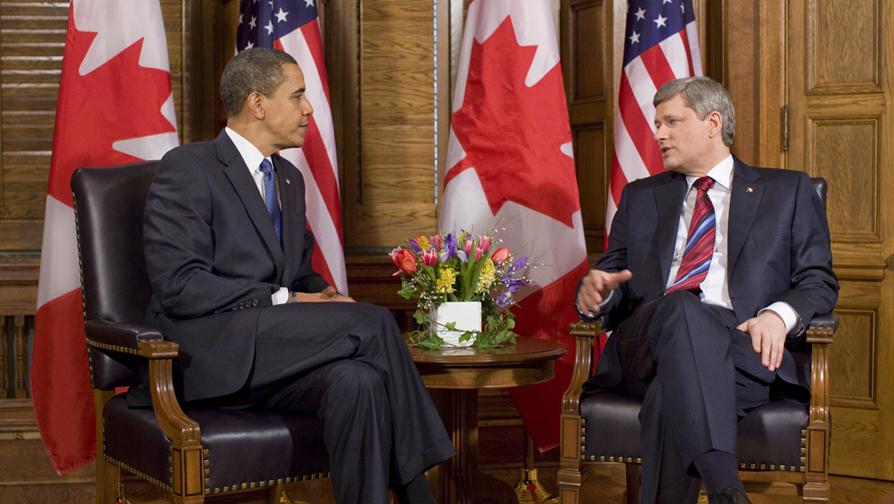Convening 9,000 participants from 173 member states, the private sector and civil society, the World Humanitarian Summit took place for two days from May 23 to May 24, 2016 as a multi-stakeholder platform to address today’s humanitarian challenges. Stakeholders made commitments and launched initiatives according to the main themes of the summit: political leadership to prevent and end conflict, uphold the norms that safeguard humanity, leave no one behind, change people’s lives: from delivering aid to ending need, and investing in humanity. The summit included a leaders’ segment, 7 high-level roundtables, 15 special sessions, 132 side events, two days of plenary sessions, an exhibition fair and an innovation market place.
At the high-level leaders’ roundtable on “Political Leadership to Prevent and End Conflict,” United Nations Secretary- General Ban-Ki Moon “To prevent conflict, leaders must act immediately on the first warning signs of crisis.” He further elaborated that resolving conflict required engagement and perseverance in finding a collective solution. In building peace, the Secretary-General urged countries to increase investment in fragile countries.
On the theme of upholding the norms that safeguard humanity, global leaders realized the importance of enhancing the protection of civilians in armed conflict and the significance of international humanitarian and human rights law as protection against brutality.
During the high-level leaders’ round table titled “Uphold the Norms that Safeguard Humanity,” President Mahamadou Issoufou of Niger stated that the ratification of humanitarian conventions was the best way to protect civilians and that all countries should ratify these conventions.
On the theme of leaving no one behind, world leaders recognized the need to “reach the furthest behind” in providing the global attention, support and resources that displaced women, children and other groups in crisis situations need in order to thrive.
At the high-level leaders’ roundtable “Leaving No One Behind – A commitment to Address Forced Displacement,” President of the Council of Ministers of Lebanon Tammam Salam identified displaced persons/refugees as one group of victims and host communities as separate group of victims. He emphasized that leaving no one behind was connected to the survival of the state, saying, “If the state does not survive, everyone will be left behind.”
On the theme of changing people’s lives:, global leaders acknowledged that humanitarian need was intertwined with sustainable development and that reducing the causes of humanitarian need involved the reduction of people’s risk and vulnerabilities.
Opening the high-level leaders’ round table on “Changing People’s Lives: From Delivering Aid to Ending Need,” United Nations Deputy Secretary-General Jan Eliasson stressed, “Humanitarian crises will never be truly reduced until we strengthen core development work such as basic infrastructure.”
Discussing investing in humanity, stakeholders recognized the importance of financing for humanitarian assistance.
During the high-level leaders’ roundtable on “Humanitarian Financing – Investing in Humanity,” Vice-President of the International Federation of Red Cross and Red Crescent Societies Francesco Rocca commented, “More resources are sorely needed, but more resources will not solve the problem.” He pointed out the importance of channeling resources into local organizations to strengthen local and national capacity to rapidly respond to humanitarian crises.
The Minister of International Development and La Francophonie Marie-Claude Bibeau announced Canada’s $274 million commitment to the United Nations Office for the Coordination of Humanitarian Affairs’ Central Emergency Response Fund. The funding will be distributed to United Nations humanitarian and development agencies to support emergency response, child protection in humanitarian crises and long-term resilience to food security. Canada’s contribution will focus on hunger and food security in Ethiopia as well as improving resilience. The funding will also be dedicated to safeguarding children’s right in armed conflict and supporting child-protection responses during emergencies.
Photo: Sign reading “Refugees are Human Beings” (2016), by Haeferl via Wikimedia Commons. Licensed under CC-BY-SA-3.0.
Disclaimer: Any views or opinions expressed in articles are solely those of the authors and do not necessarily represent the views of the NATO Association of Canada.




